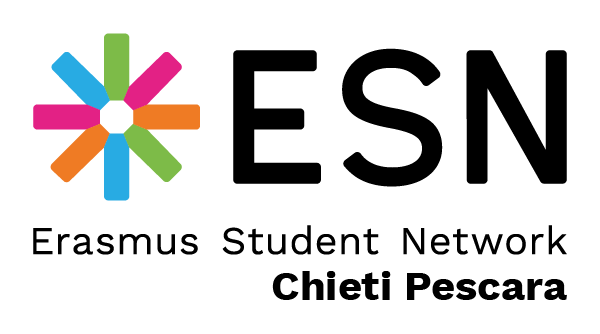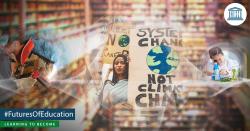ESN teams up with UNESCO to safeguard the future of
education
The pandemic of COVID-19 shed light on alarming challenges in education that had not adequately
been addressed so far and highlighted inequalities that must be tackled in order to guarantee the
fundamental right to quality lifelong learning and education.
As a result, UNESCO is currently leading a global debate to reimagine the focus of learning and
knowledge in the future and how it can shape humanity in a world of increasing uncertainty. This year
they are focusing on sparking conversations and getting input from individuals, networks, and
organisations, encouraging them to think critically about the challenges and opportunities that the
possible futures of education hold.
The Erasmus+ programme has led to the emergence of the ‘Erasmus Generation’, a term used to
describe young people who have enjoyed the practical benefits of being internationally-minded and
integrated. The highly mobile community, which values tolerance and democratic citizenship, is eager
to shape education policies and to make sure that in times of change their voice is heard in order to
protect all forms of learning and to ensure that it’s being explored and developed.
Therefore it comes as no surprise that Erasmus Student Network with its 533 local associations in 42
countries is involved in the consultation of the “Futures of Education” project and will strive to make
sure that the voice of the Erasmus Generation is being represented through debates, exchange of
ideas, and a 1-minute questionnaire that allows the audience to set their priorities for the future of
education.
ESN is eager to support UNESCO's initiative to make sure that the voice of international students will
be heard by providing an opportunity for a community of young people who value international
solidarity to advocate for the change they want to see in order to protect and transform education and
learning.
Help shape the futures of education.
No one can foresee how education will be reshaped after the pandemic, but we can take ownership in
exploring, embracing and critically developing its upcoming priorities.


Follow us